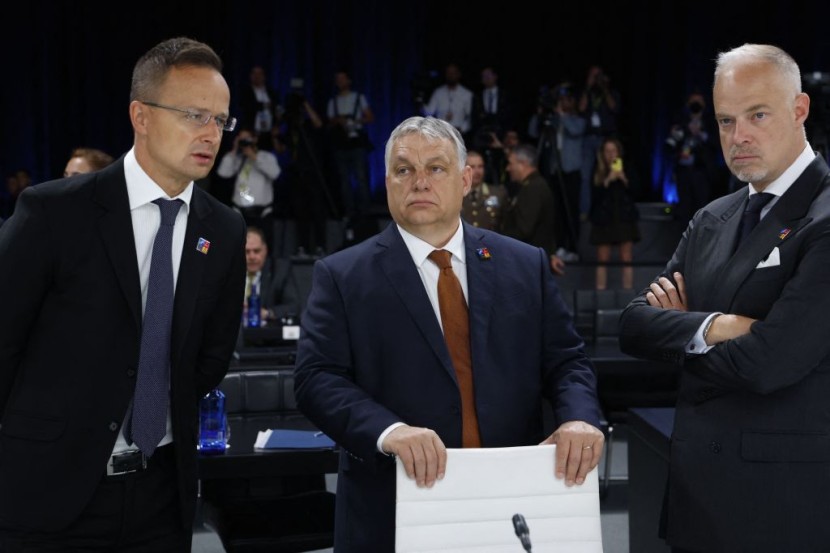
According to the Hungarian Foreign Minister attending the United Nations General Assembly, the Ukraine conflict might become an apocalyptic one. What matters is avoiding a military standoff between NATO and the Russian Federation, which would be disastrous.
Catastrophic Consequences if Ukraine Conflict Continues
As said by Hungarian Minister Peter Szijjarto, the escalating tensions should not lead to a military conflict between the Western military alliance, reported Cialgetusa.
He spoke to Russian news agency RIA Novosti while attending the 77th session of the United Nations General Assembly, warning that diplomacy is more important than ever. The diplomat reminded the assembly that failing to see eye to eye would result in disastrous consequences, telling them in the UN General Assembly.
He said that most of his generation of Europeans opposed another great war that led to the Nazis' defeat in the 1940s. Europe was devastated after WWII, and this should not happen again.
The Foreign Minister of Budapest, a NATO member, stated that his country is doing everything possible to resolve the conflict in Ukraine that could lead to a nuclear war in Europe, according to Good Word News.
Budapest refused to impose new sanctions on Vladimir Putin's Russia last Friday, in contrast to the other members of the EU. They want to believe that more sanctions will make a difference by focusing on energy resources, which they do not have.
The Hungarian Foreign Minister made it clear last Friday that he has no plans to approve additional sanctions against Moscow, particularly regarding energy imports.
It is a red line for them, Szijjarto added. Despite what Brussels claims, they do not want to make the Hungarians suffer or be a part of the sanction. Another important point is that the EU is suffering due to the poorly advised sanctions and decisions made by its leaders.
Budapest To Ignore Total Ban on Russian Tourists
The procedure will be more challenging now, and Hungary will continue to issue Schengen visas to Russians, based on the foreign minister's words, per Anaeve.
This statement was made last Friday after other EU members had stopped issuing these visas.
Speaking to the TASS news agency, Szijjarto clarifies that the EU's latest dismissal of the visa facilitation arrangement with Moscow doesn't mean a visa will not be granted since the process would be longer.
He made it abundantly clear that despite opposition from those who are hostile to Russia, there is no directive to stop issuing visas to Russian tourists.
The official then remarked that not having the visa facilitation agreement simplified the process. Visas will be given, but there will be complicated processes that will take longer, unlike before the Ukrainian conflict.
Szijjarto commented on the same day that his Finnish counterpart, Pekka Haavisto, announced a ban on entry for Russians with tourist visas, regardless of whether these visas had been issued by Finland or by any other Schengen nation.
Helsinki took its decision in reaction to a sharp increase in the number of Russian tourists visiting Finland, while at the same time, reservists there are still partly deployed.
The Hungarian Foreign Minister spoke to fellow counterparts during UN General Assembly; stopping the conflict in Ukraine is very urgent as things are getting out of hand.
© 2025 HNGN, All rights reserved. Do not reproduce without permission.








